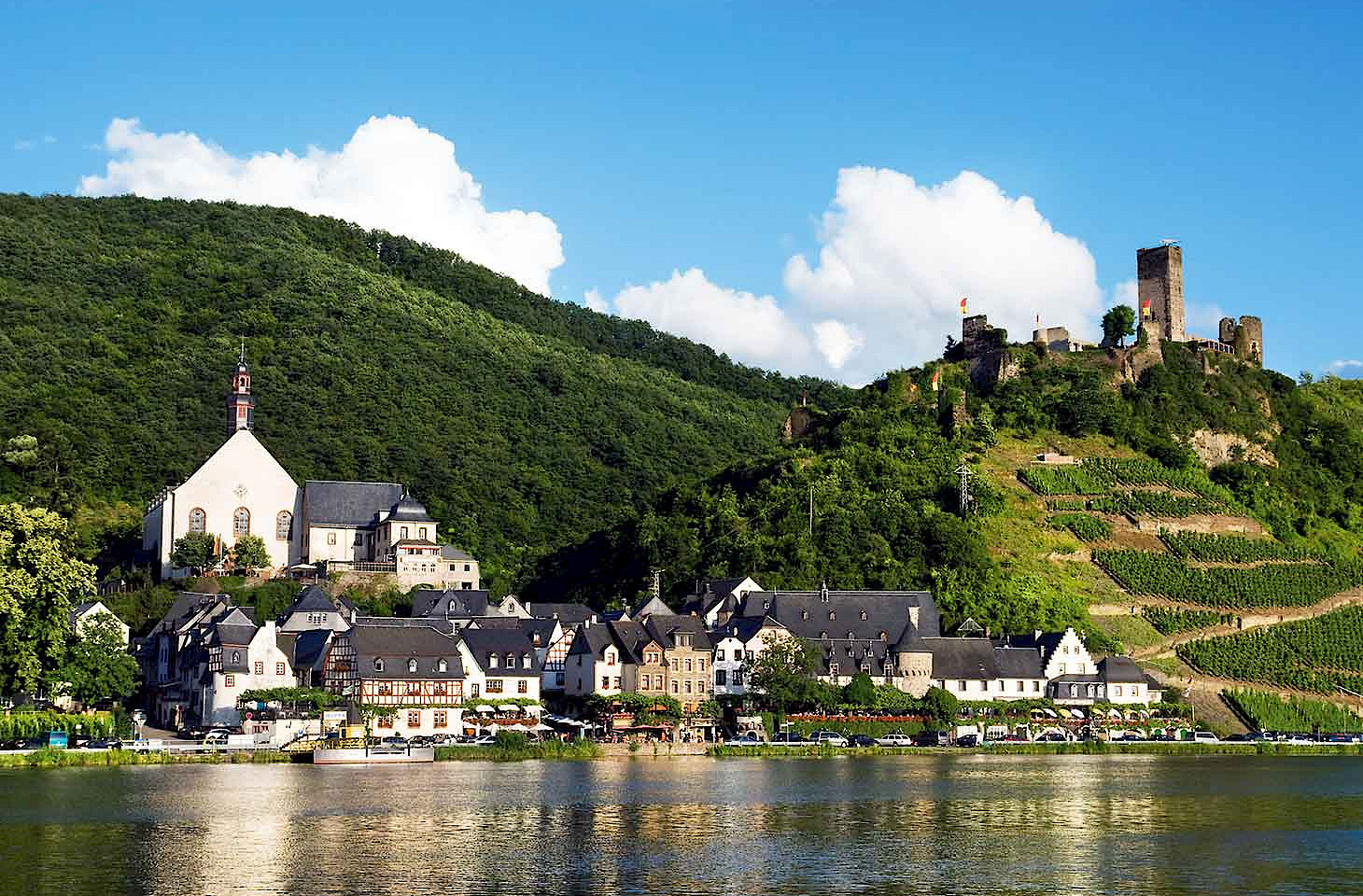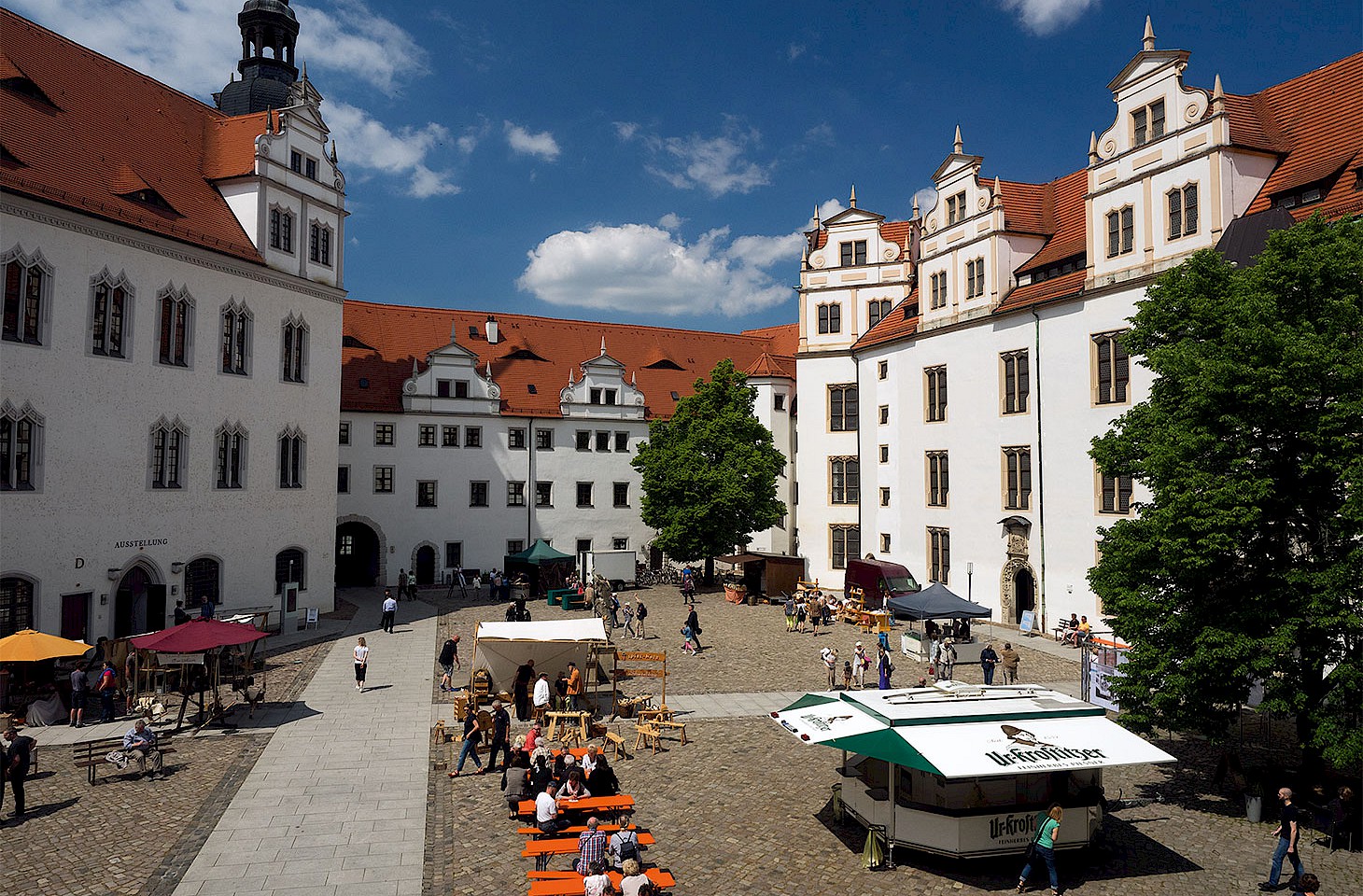Dear fellow travellers
Many municipal authorities around Europe are very tolerant of the improvised structures which popped up over the last ten days here and there around towns and cities. In allotments by a railway embankment in Munich or in an inner courtyard surrounded by apartment blocks in Zürich, small huts appeared almost overnight.
Among those not in the know, there were worries about who might be responsible for this unusual form of inner-city squatting. A new wave of refugees, perhaps? But residents of communities well used to living alongside the Jewish population realised at once that it was time for Sukkot, the Jewish Feast of Tabernacles which starts on the fifteenth day of Tishrei.
The narrative of movement, the experience of exile and the pain of displacement are all central to the Jewish experience. The hut - called a sukkah - recalls the wandering of the Israelites in the desert.
To Berliners, these huts are Laubhütten - the first element Laub 'foliage' is very apt, as the huts are often covered with reeds or other vegetation. In Zürich, Jewish families adapt corners of their apartment balconies using sheets, a plank or two and a handful of oleander fronds to create a cosy tent-like structure which feels like a home away from home.
The narrative of movement, the experience of exile and the pain of displacement are all central to the Jewish experience. The hut - called a sukkah - recalls the wandering of the Israelites in the desert. It is a sacred space for a community on the move. Over these recent days, devout Jewish families across Europe and beyond have taken meals and even slept in these temporary shelters - though those living in more northern latitudes necessarily tweak the rules a little. It's not a lot of fun in the sukkah when it's raining hard or blowing a gale.
We find the annual celebration of Sukkot interesting for the manner in which it plays on ideas of travel and hardship on the one hand, while also making space for home comforts and shelter on the other. Making space for cosy moments helps make extended periods of travel bearable. The annual Sukkot rituals remind us that we are ultimately all migrants - at least potentially.
Jewish families in and around German cities are now removing their Laubhütten, as Sukkot is done and dusted for another season. Meanwhile in Calais, the authorities are pulling down the hundreds of huts and improvised shelters where migrants have settled close to the port. These were simple and primitive dwellings. Yet many were intimate spaces which embodied the tensions of migrant life. The sacred sat cheek by jowl with the profane; ambition and hope for a better life were tempered by awful reality. Watching the annual celebration of Sukkot, this year juxtaposed with events in Calais, makes us reflect on the boundaries of house and home. Syrian migrants and the Jewish celebration of Sukkot both teach us a thing or two about how having a home, even when in exile or on the move, is critically important. For where else can we conserve and nurture our memories and our dreams?
Nicky Gardner and Susanne Kries
(editors, hidden europe magazine)




